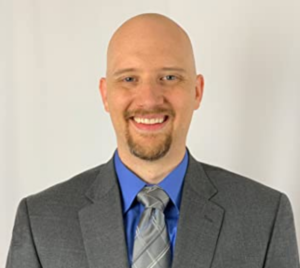 Nathanael Garrett Novosel is a professional researcher and advisor with over 20 years of experience studying individual and group behavior. Over that time, he has researched psychology, evolutionary biology, organizational best practices, leadership decision making, business, technology, finance, and philosophy to understand how the world as we know it works and why.
Nathanael Garrett Novosel is a professional researcher and advisor with over 20 years of experience studying individual and group behavior. Over that time, he has researched psychology, evolutionary biology, organizational best practices, leadership decision making, business, technology, finance, and philosophy to understand how the world as we know it works and why.
Nathanael spent much of his career using the insights from this research to help the world’s leading executives solve their most pressing organizational challenges and create their strategic plans. Noticing the common drivers of success in all areas of life, he decided to devote his research, problem-solving, and advisory skills to helping people live the best lives possible.
Tell us about your book.
This book proposes a “Unified Theory of Meaning” that unpacks the eight key factors that determine a human being’s sense of meaning and purpose in their lives. The elegance of the idea is that these concepts are the ones that underlie all philosophies and religions, and they are also backed by science in terms of how they are correlated with purpose and fulfillment. Note that it is very analytical in nature, so it is for people who want to understand how life works and use that knowledge to foster a sense of purpose in their lives logically and scientifically.
Why did you want to write a book?
I had been reading psychology, philosophy, behavioral economics, and business books for twenty years looking for new ideas and explanations for how the world works. Through that research, I started noticing patterns in the advice and how philosophies were similar and different. When I finally asked myself what I had learned and how I’d explain it to someone else without bias toward certain ethics or a certain worldview, I identified the core concepts and knew that I had to write them down. People complain about the dangers of getting sucked into a bad worldview, but no one bothered to write a book devoid of their personal ethics or ways of living to help someone figure out their meaning for themselves. I wanted to attempt to provide that option.
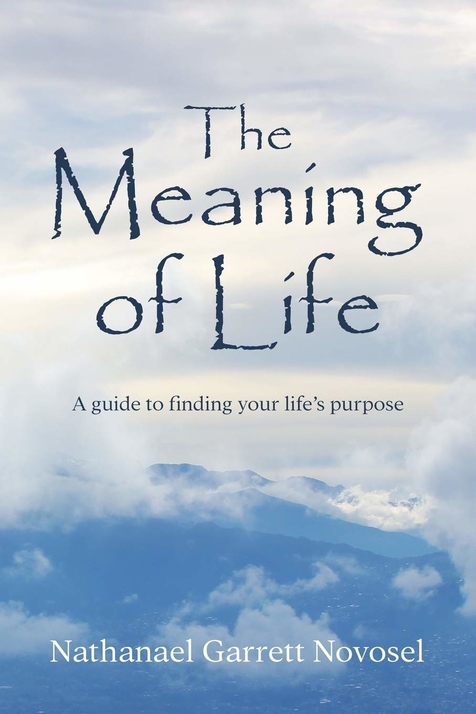 Why did you choose to self-publish?
Why did you choose to self-publish?
Honestly, I wanted to write the book how I wanted to write it. I didn’t even attempt to submit it to publishers. Yes, they have great advice as to how to make a book more marketable, but I’m okay with the message being out there in the way that I wanted to convey it.
What do you think are the main pitfalls for indie writers?
The obvious pitfall is that the lack of experience in the whole process will lead to a series of mistakes being made along the way, and many writers won’t put as much care into editing, book design, cover design, marketing copy, audience building, and rating/review gathering as they need to for the book to be successful.
However, I think that it’s also worth mentioning that there are many additional barriers to being successful because of those pitfalls, such as the stigma that comes with self-publishing as a result of the quality of what others publish. It does make it seem like only traditionally published books can be successful and it’s a “not what you know but who you know” situation, but all you can do is learn as much as you can and do what you think is best for your personal success.
What tips can you give other authors looking to self-publish?
Take your shot, don’t listen to detractors, take constructive feedback from people who know what they’re talking about, balance what you want and what successful people say is best for the book, and review everything you do before you finalize it.
What was your steepest learning curve during the publishing process?
Choosing to do the writing, editing, design, website setup, and initial cover design myself, I had to learn how to use InDesign, WordPress, Illustrator, and a whole host of other tools. I ended up getting some help using Photoshop to finalize my cover, but the rest of it I had to learn from scratch. Needless to say, I don’t recommend that people be as stubborn as I am. I just wanted to be fully responsible for the outcome, whatever that might be.
How do you deal with writer’s block?
There are three steps that I take for getting rid of non-fiction writer’s block. First, I ask myself a question on the topic or hear someone else’s argument to trigger a response in my brain. Then, I write it down without worrying about quality. Finally, I go back and review what I wrote while accepting that it might’ve been bad or might be misunderstood. It’s a lot easier to criticize something that’s written down than it is to think of something from scratch, and when you know what is bad, you can usually figure out a better way to write it.
Why did you write about this particular subject?
It’s the ultimate question. I had pondered it since I was a child due to the pain of loss at that time, but unlike most people, I was audacious enough to think that I could figure it out if I analyzed it long enough. Like most people, I came to the “no one will ever know” or “it’s different for everyone” conclusion at one point, but I did eventually dissect those responses so that I could explain why those could be true and the idea of a universal purpose for all life on Earth could be true at the same time. When you have that sudden moment of insight and everything comes together, it’d be a shame not to document it and try to help others with the information.
What did you learn on your journey as an author?
I learned a lot about listening to different perspective and arguments, understanding the truth behind what everyone is saying, and then identifying and separating the parts where there are logical fallacies or inaccurate conclusions in the argument. I have to say that my entire worldview was changed as I had to be open to learning from people I had disagreed with in the past, and I completely changed my view on ethics, belief, and several other topics through the research and writing processes.
What’s next for you as an author?
I’m still considering other big topics where an objective view like this can help people see them differently. We’ll see where that intention takes me.
Author Links
Get an Editorial Review | Get Amazon Sales & Reviews | Get Edited | Publish Your Book | Enter the SPR Book Awards | Other Marketing Services


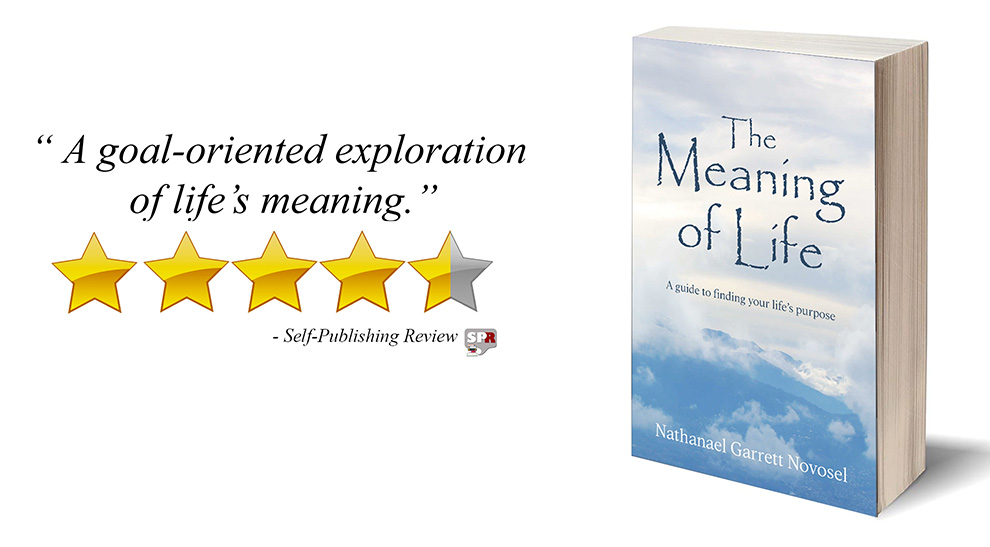








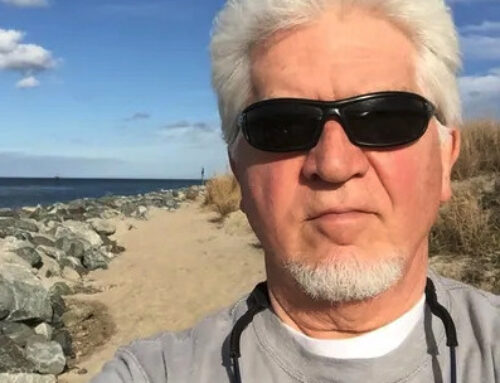
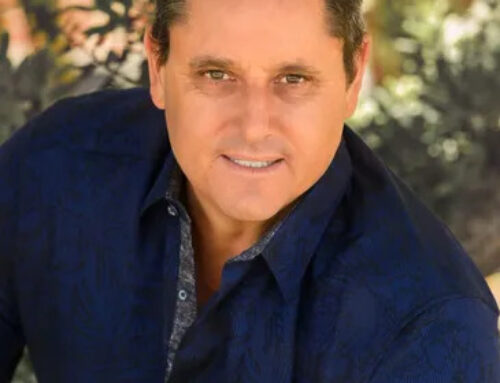

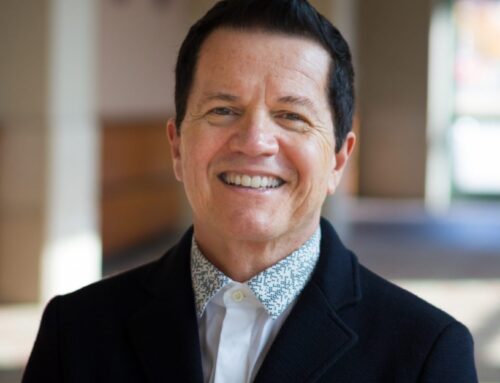
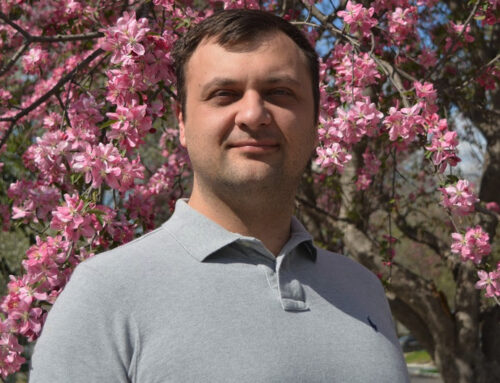
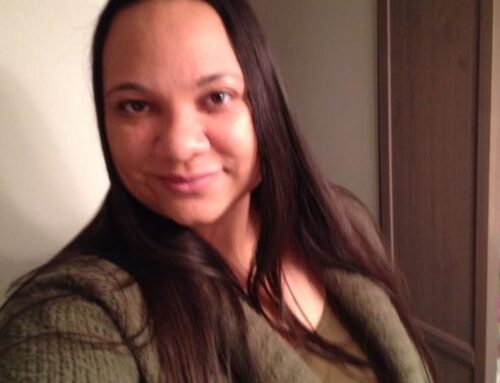

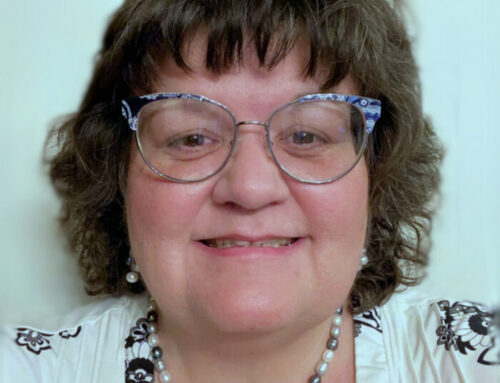
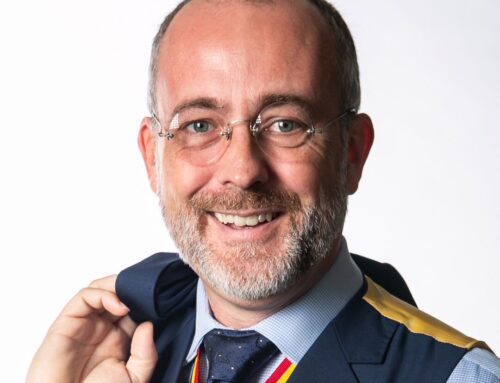
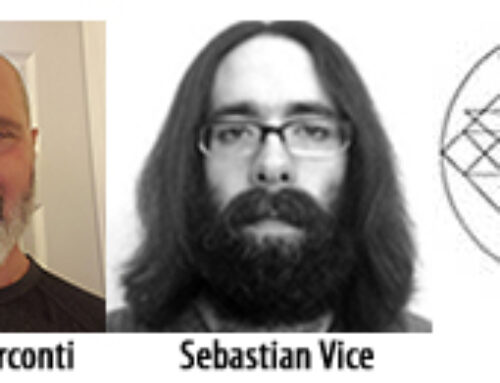
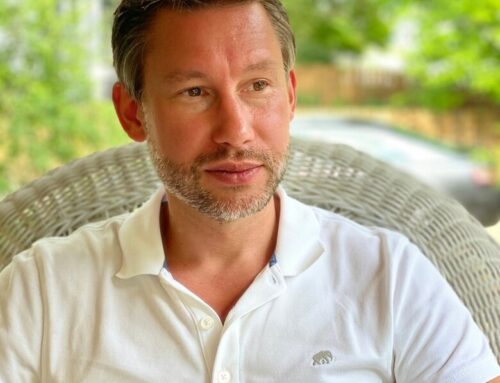
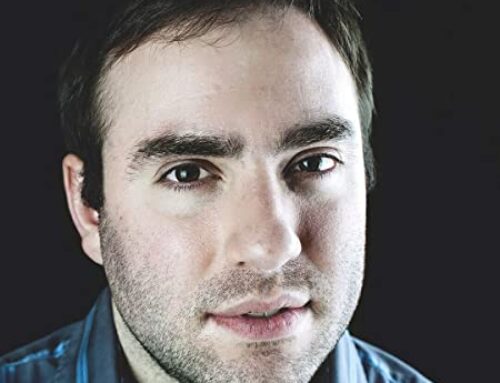
Leave A Comment